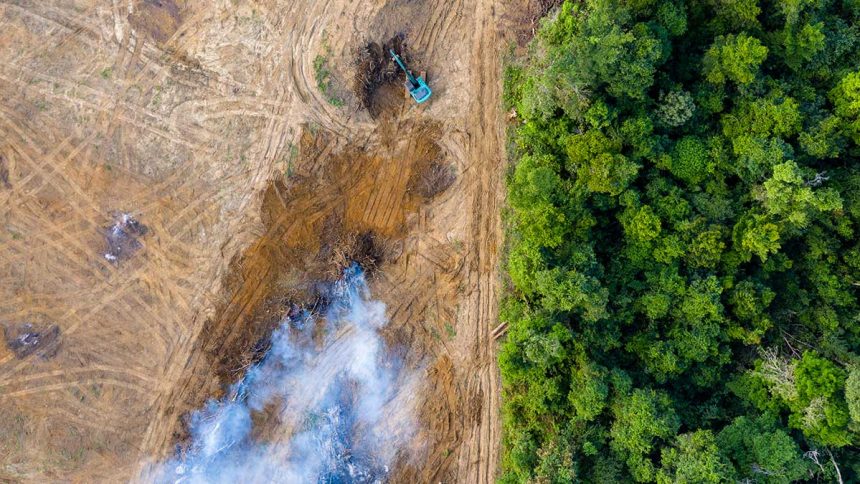
Ecosystem services, the benefits nature provides humans, have long been taken for granted as free resources. However, the collapse of natural carbon sinks like forests and oceans in 2023 has shown how crucial these services are and how vulnerable they are to climate change. Extreme weather events like heatwaves, droughts, and wildfires have severely impacted the planet’s ability to absorb CO2, putting our climate in jeopardy.
A recent study revealed that carbon absorption capacity reached its lowest point, with a significant drop in several regions. This highlights the urgent need to address human-induced climate change before it’s too late. The study also pointed out the challenges of forest recovery, especially in regions like Canada, where it may take decades for ecosystems to bounce back.
As individuals, we can take action to reduce deforestation and support sustainable practices. The introduction of the Regulation on Deforestation-Free Products in 2023 by the European Union is a step in the right direction. It requires companies to prove their products are not sourced from deforested land, providing consumers with more information to make environmentally conscious choices.
How You Can Help Reduce Deforestation
One way to contribute is by choosing certified sustainable products, such as those with the Forest Stewardship Council (FSC) certification. This ensures that products come from responsibly managed forests and encourage sustainable practices. Additionally, opting for recycled or alternative materials can reduce the demand for virgin resources and lower the impact on forests.
Reducing meat and palm oil consumption can also play a significant role in preventing deforestation. By choosing plant-based alternatives and sustainably sourced palm oil products, consumers can support brands with ethical supply chains and drive demand for more sustainable practices.
Supporting Sustainable Products
By supporting brands with zero-deforestation policies and transparent sourcing practices, consumers can encourage more companies to adopt sustainable practices. Making informed choices as consumers can have a positive impact on reducing deforestation and protecting vital ecosystems.
It’s essential for each of us to be aware of the impact of our consumption habits on the environment and to choose products that align with sustainability goals. Small changes in our everyday choices can contribute to significant solutions and protect the planet’s climate-regulating ecosystems.






